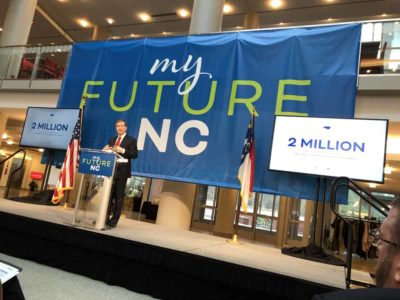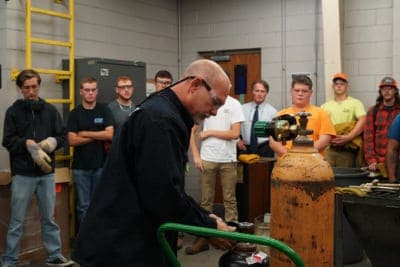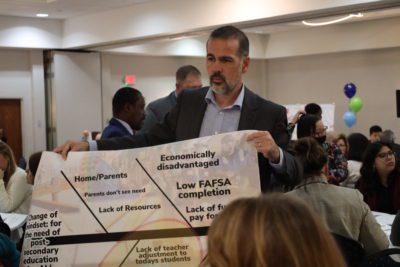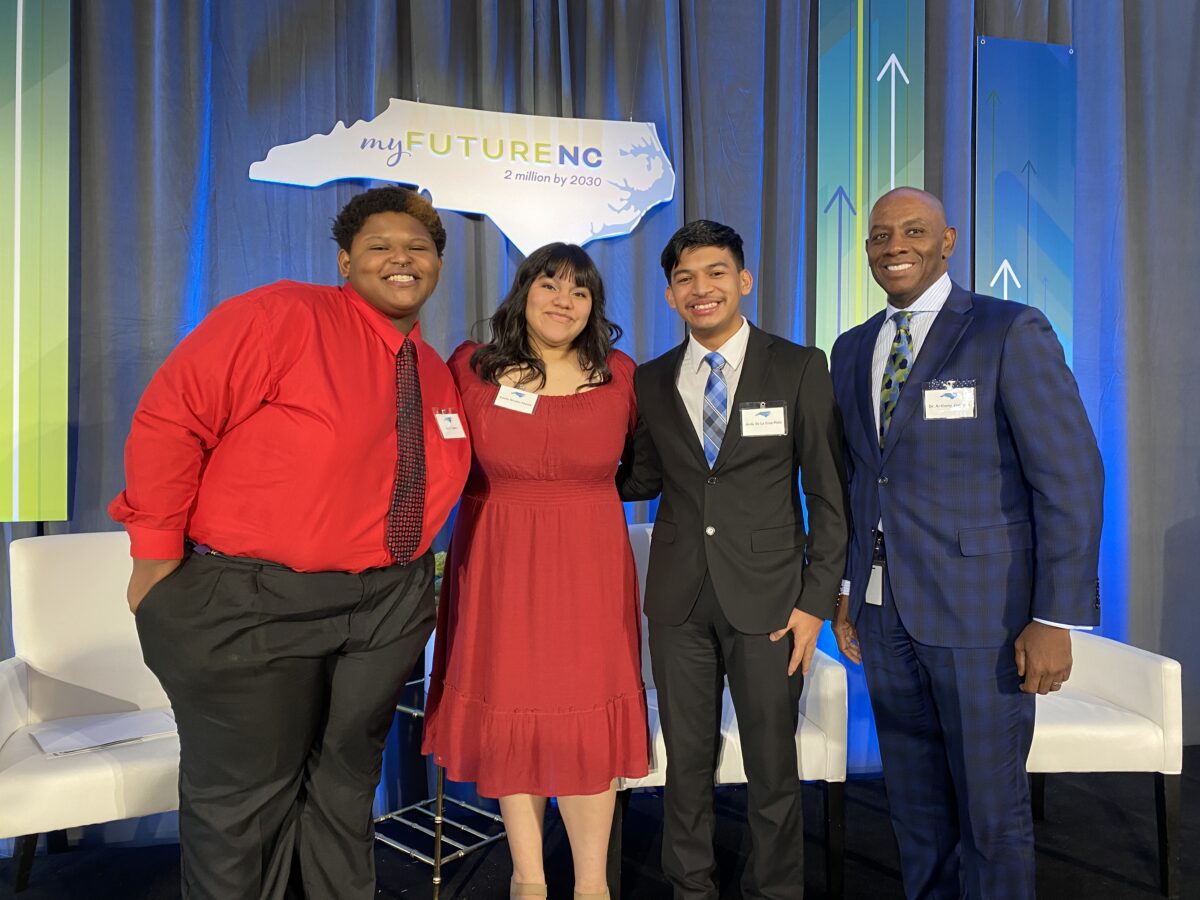
|
|
Leaders from across North Carolina convened in Raleigh and hundreds more joined virtually for “The State of Educational Attainment in North Carolina” on Monday, hosted by myFutureNC.
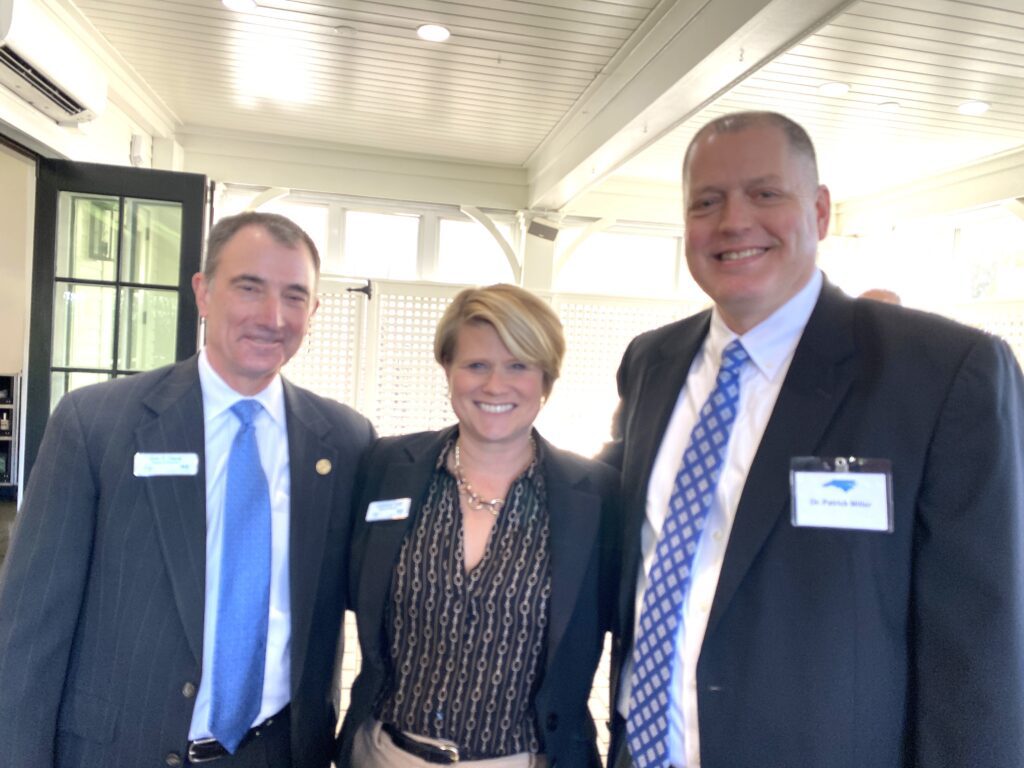
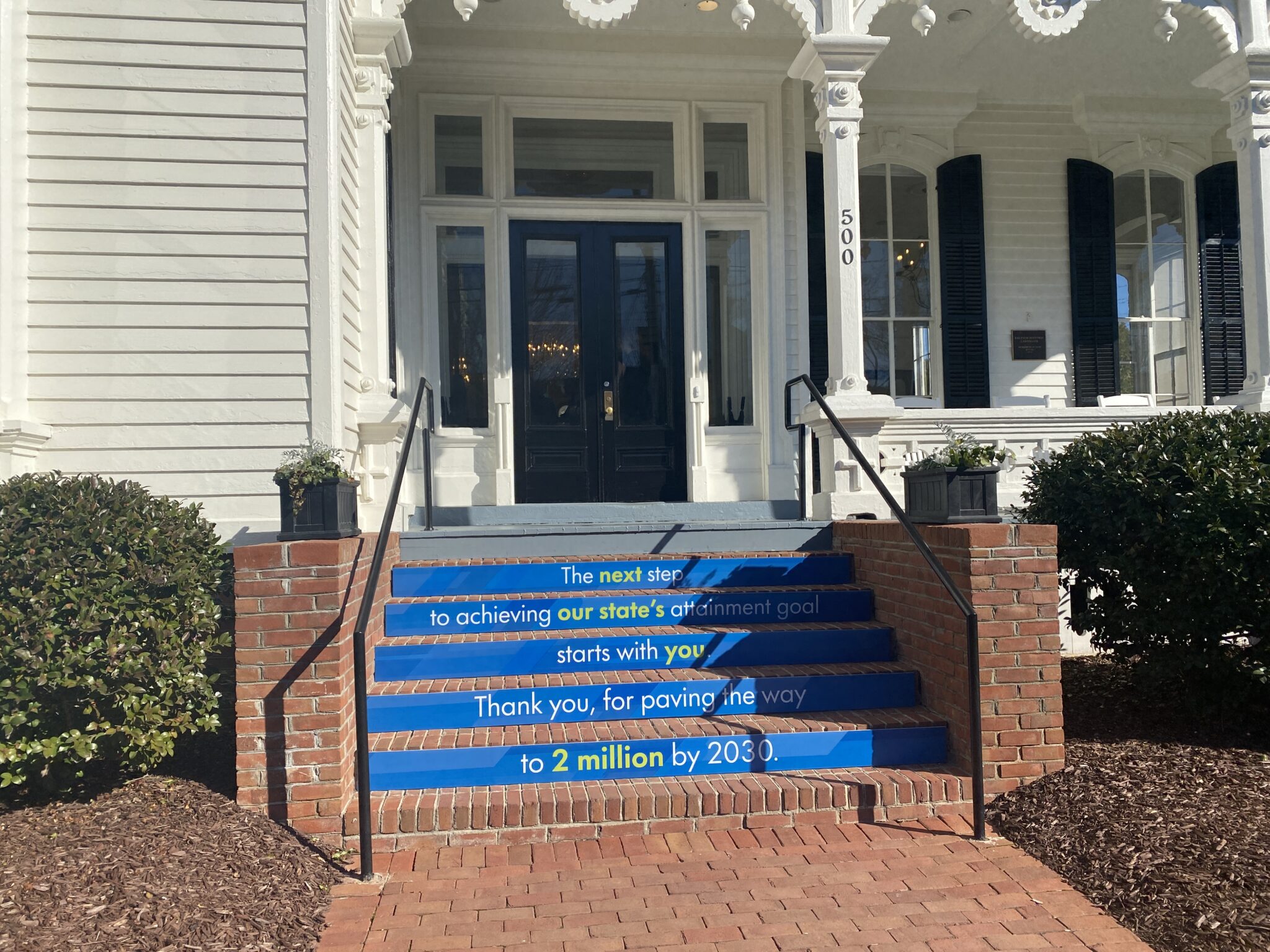
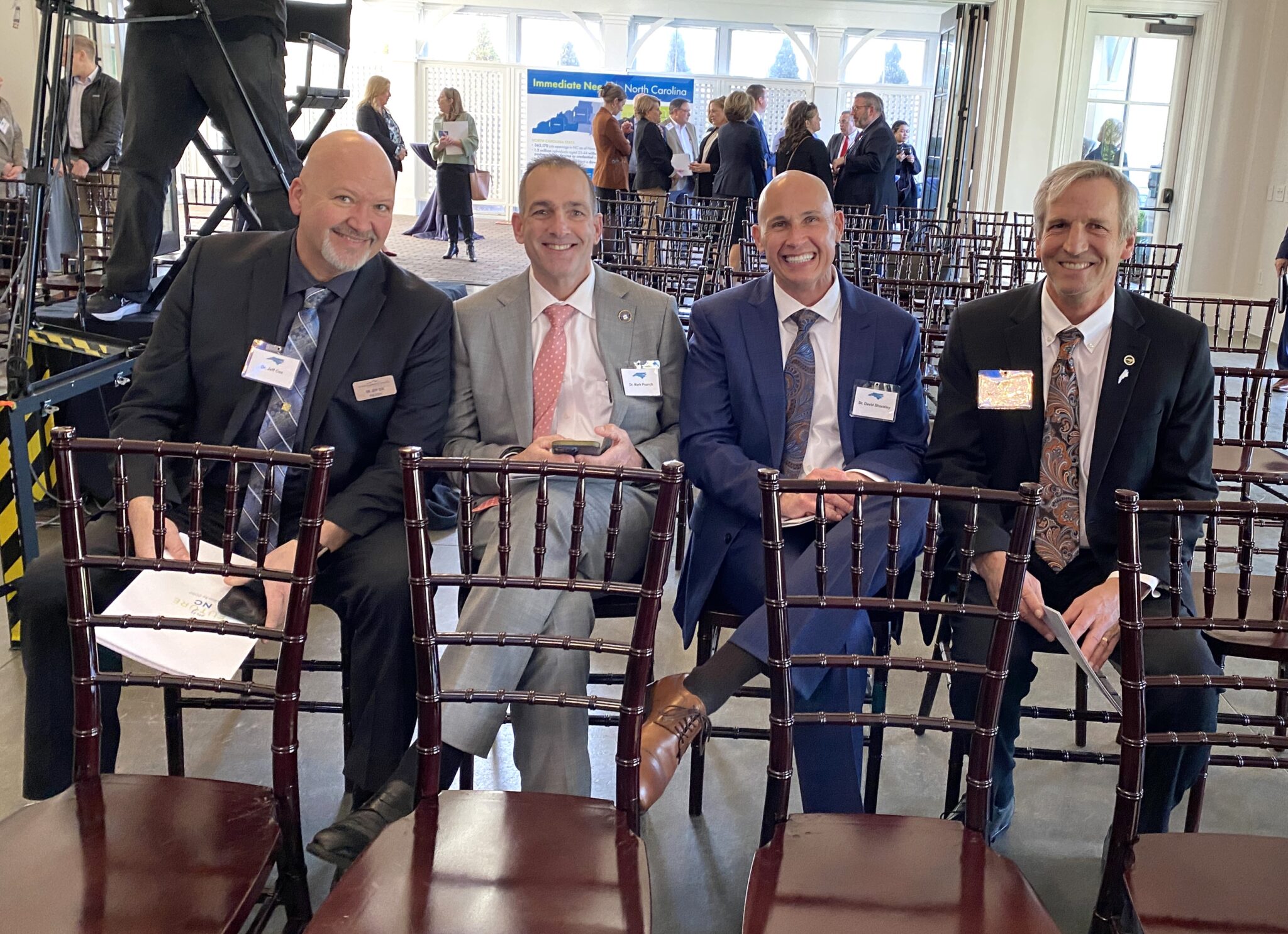
Long before the pandemic, on Feb. 20, 2019, myFutureNC unveiled its goal for the future of education in our state:
By 2030, 2 million North Carolinians ages 25-44 will have a high-quality credential or postsecondary degree.
Cecilia Holden, CEO and president of myFutureNC, asked the audience at the event yesterday, “How will the state get to 2 million?”
“One student at a time,” she said.
myFutureNC is a statewide nonprofit focused on educational attainment with a mission to prepare North Carolina for the future by empowering individuals, strengthening communities, and ensuring our economic viability in a global economy.
Before, during, and after the pandemic, the state’s attainment goal has been one issue state leaders agree on.
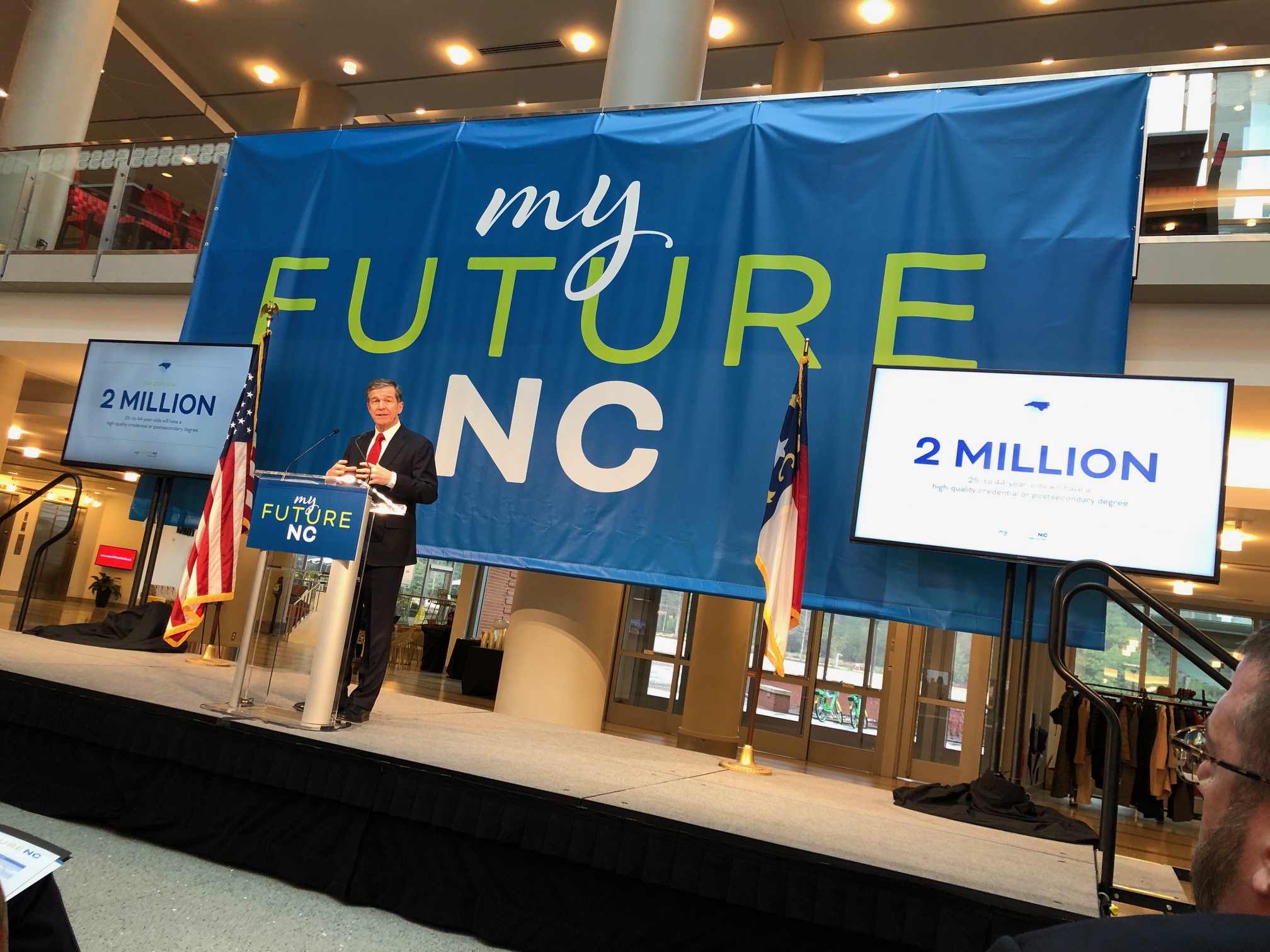
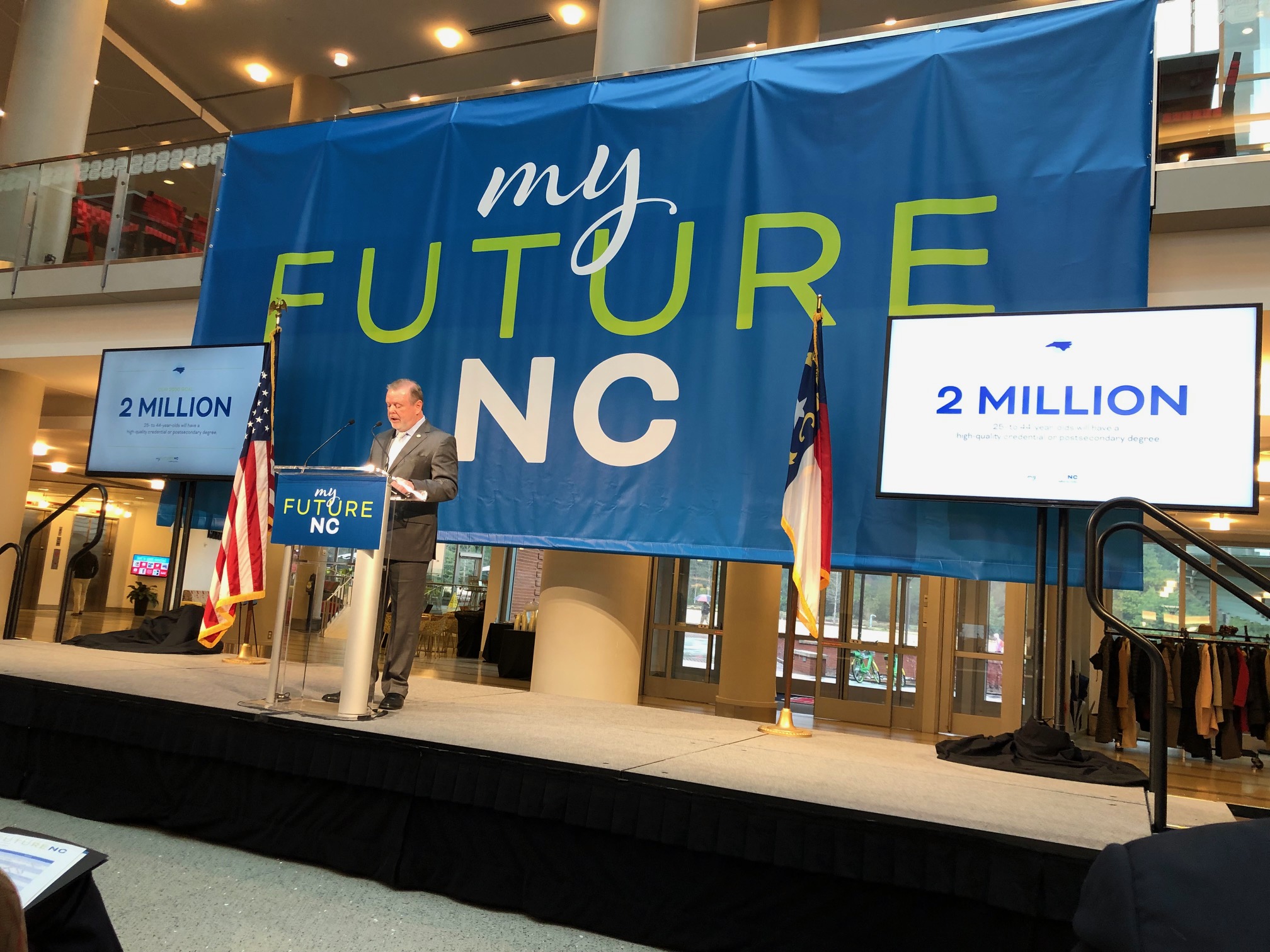
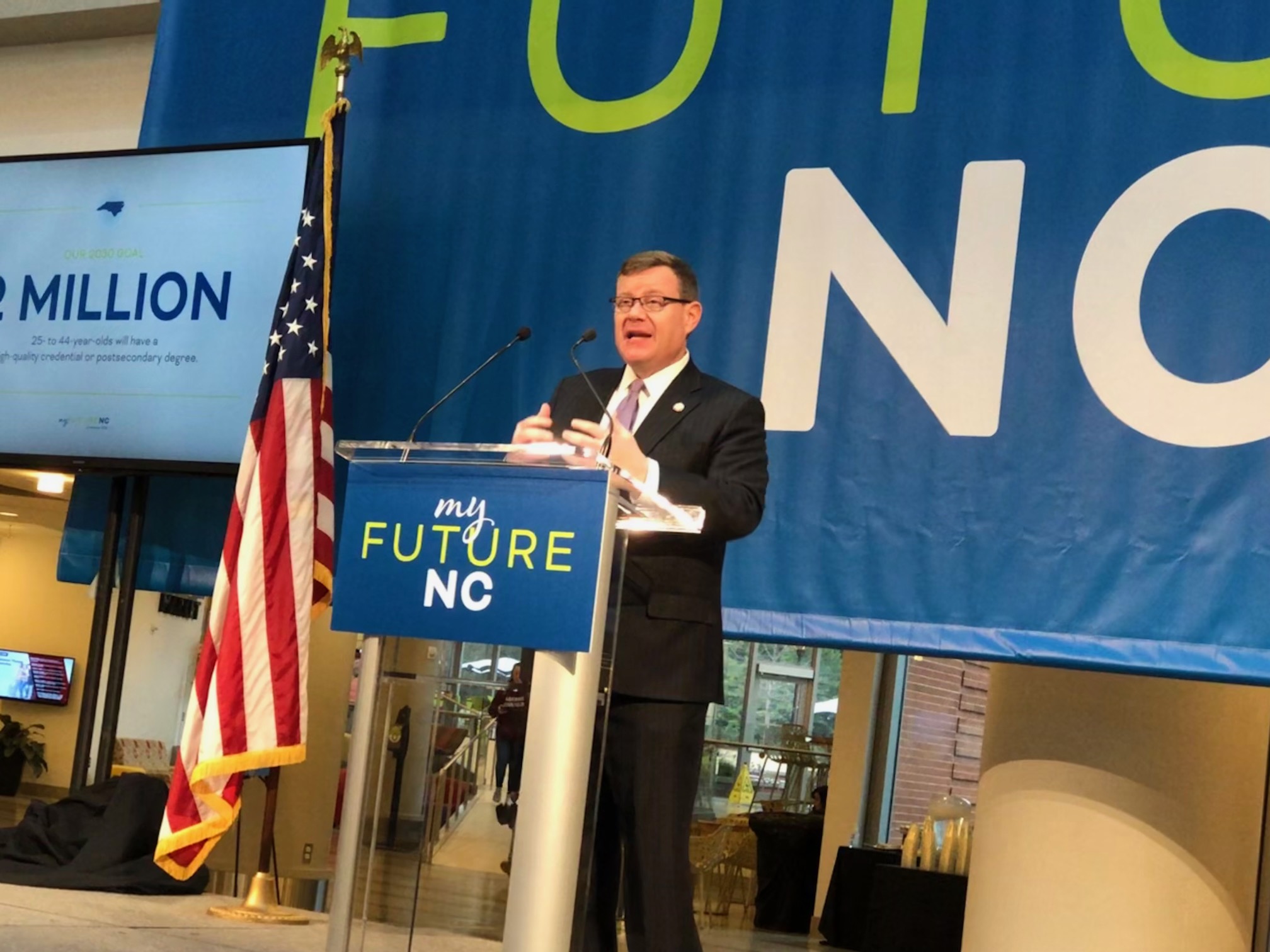
While our state still has much work to do to reach our educational goals, leaders remain united behind efforts to help more students and adult learners succeed.
“Obtaining a quality education unlocks a world of opportunity,” said President Pro Tempore Phil Berger.
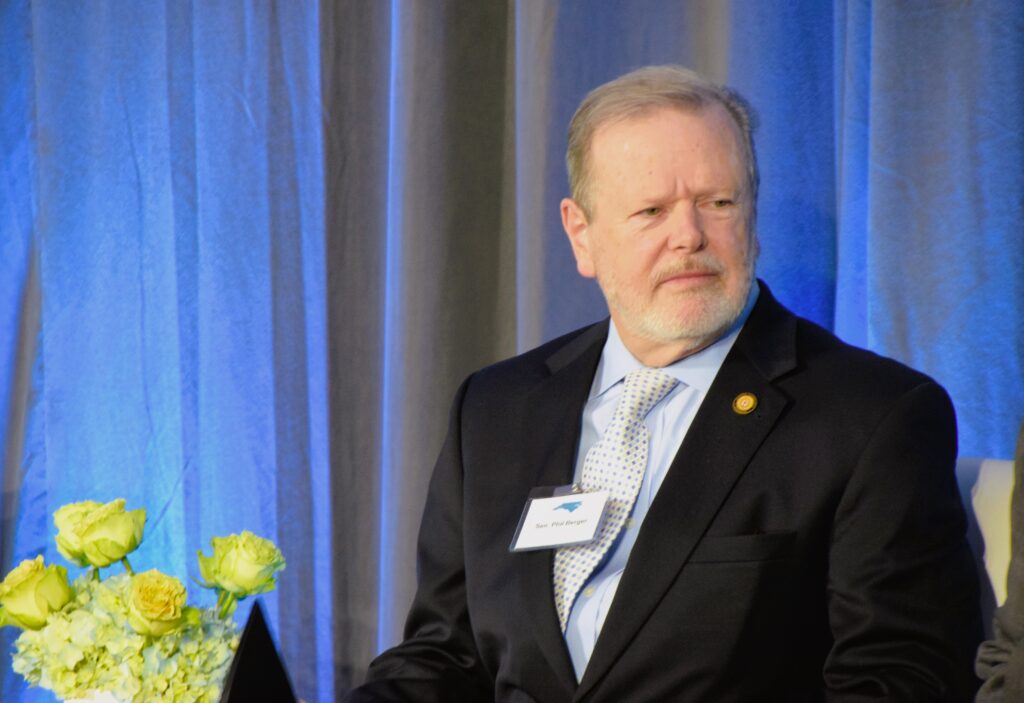
Speaker of the House Tim Moore looked forward, even beyond 2030.
“The question is what does educational attainment mean five years from now, 10 years from now, 20 years from now?” he asked.
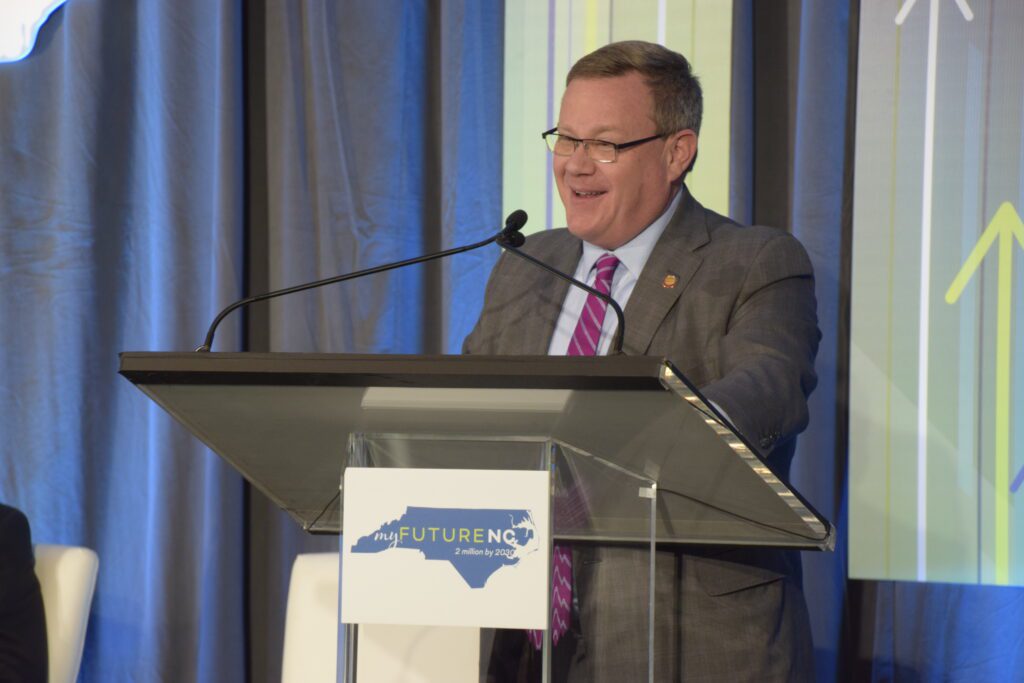
Gov. Roy Cooper said, “Today I look out at this room and who is in here. We can move mountains, folks. You look at the combination of state legislators, business leaders, nonprofit leaders, educators, there is nothing we can’t do.”
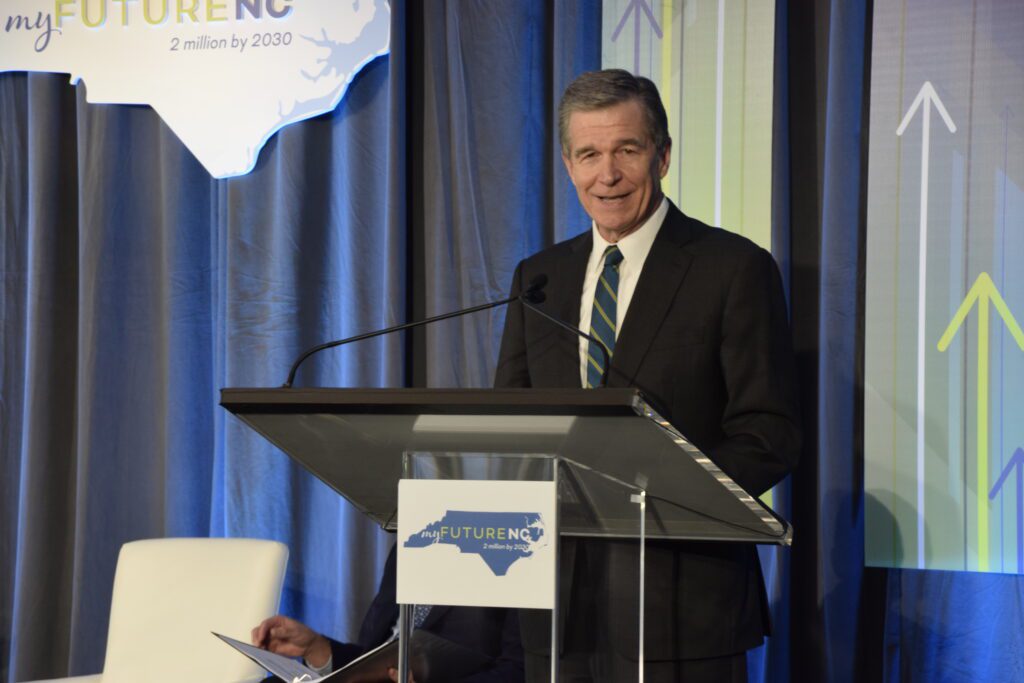
Based on the most recent U.S. Census data, North Carolina remains 444,000 individuals short of reaching the 2030 goal, and is 31,000 skilled workers behind where the state needs to be to stay on track to meet the goal, according to the press release.

“North Carolina is blessed with a booming economy, yet we still have too many adults who lack the training and skills needed,” said Holden. “This statewide challenge cannot be solved by one group or person. It will take all of us working together.”
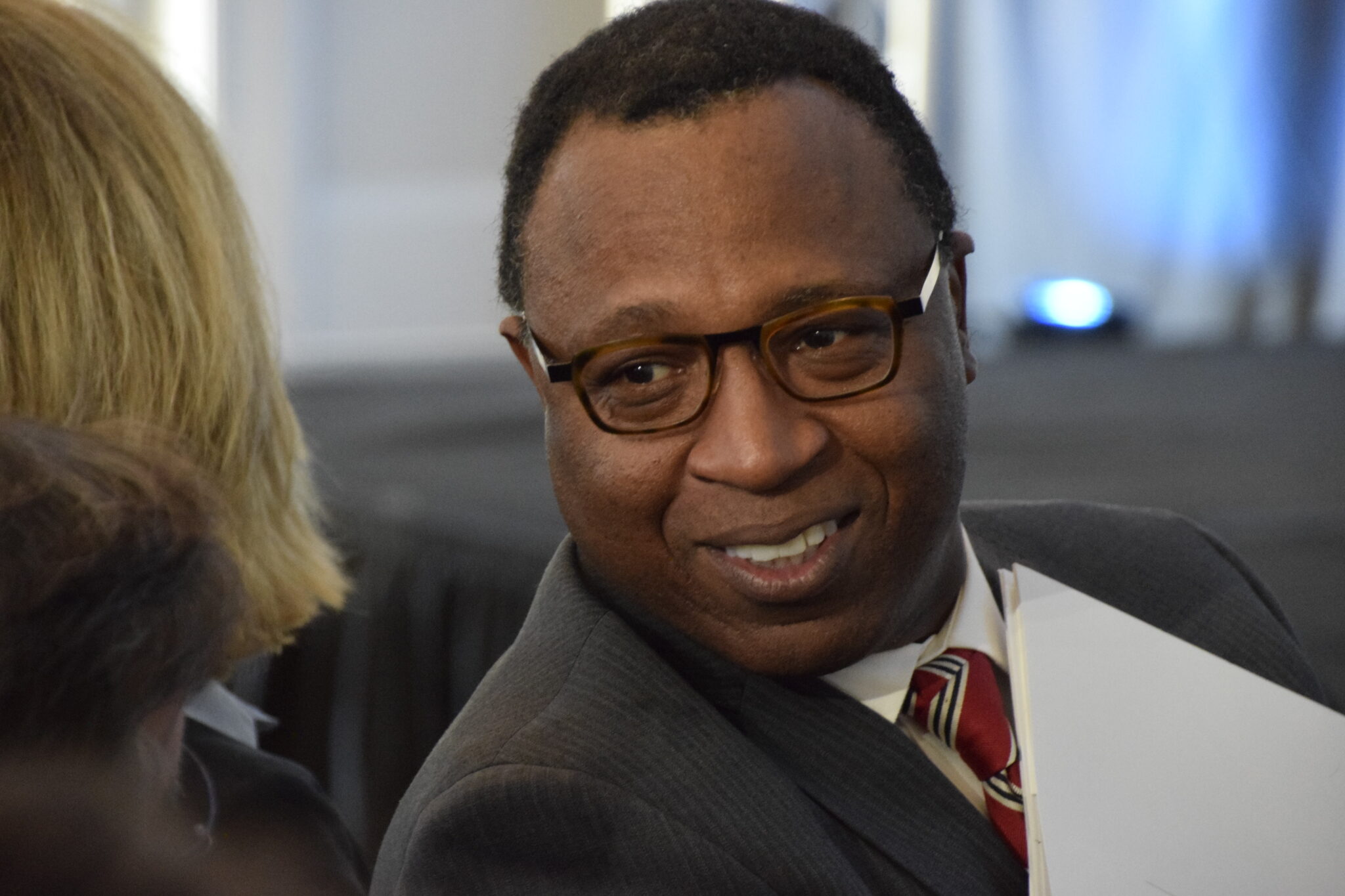
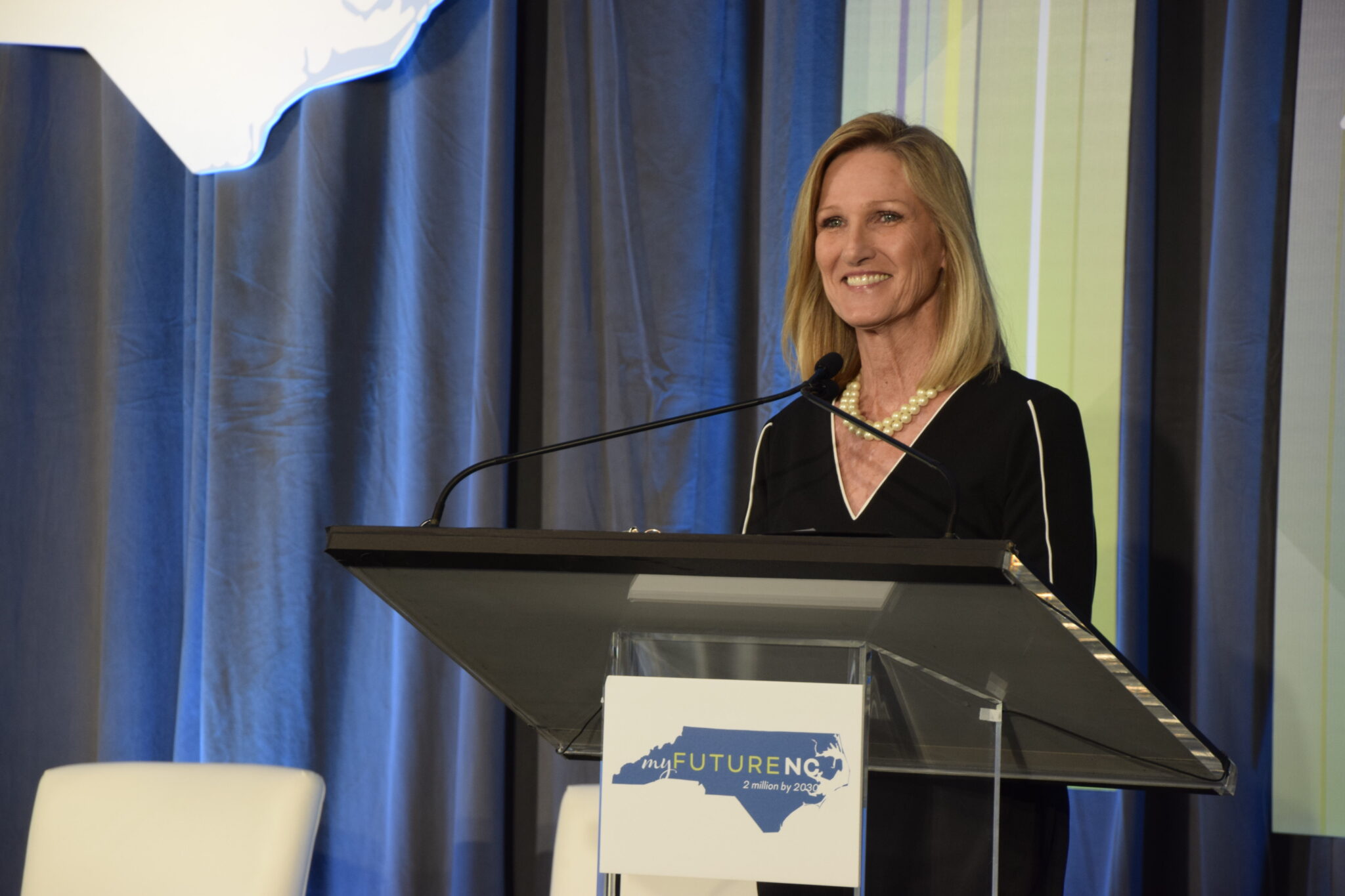
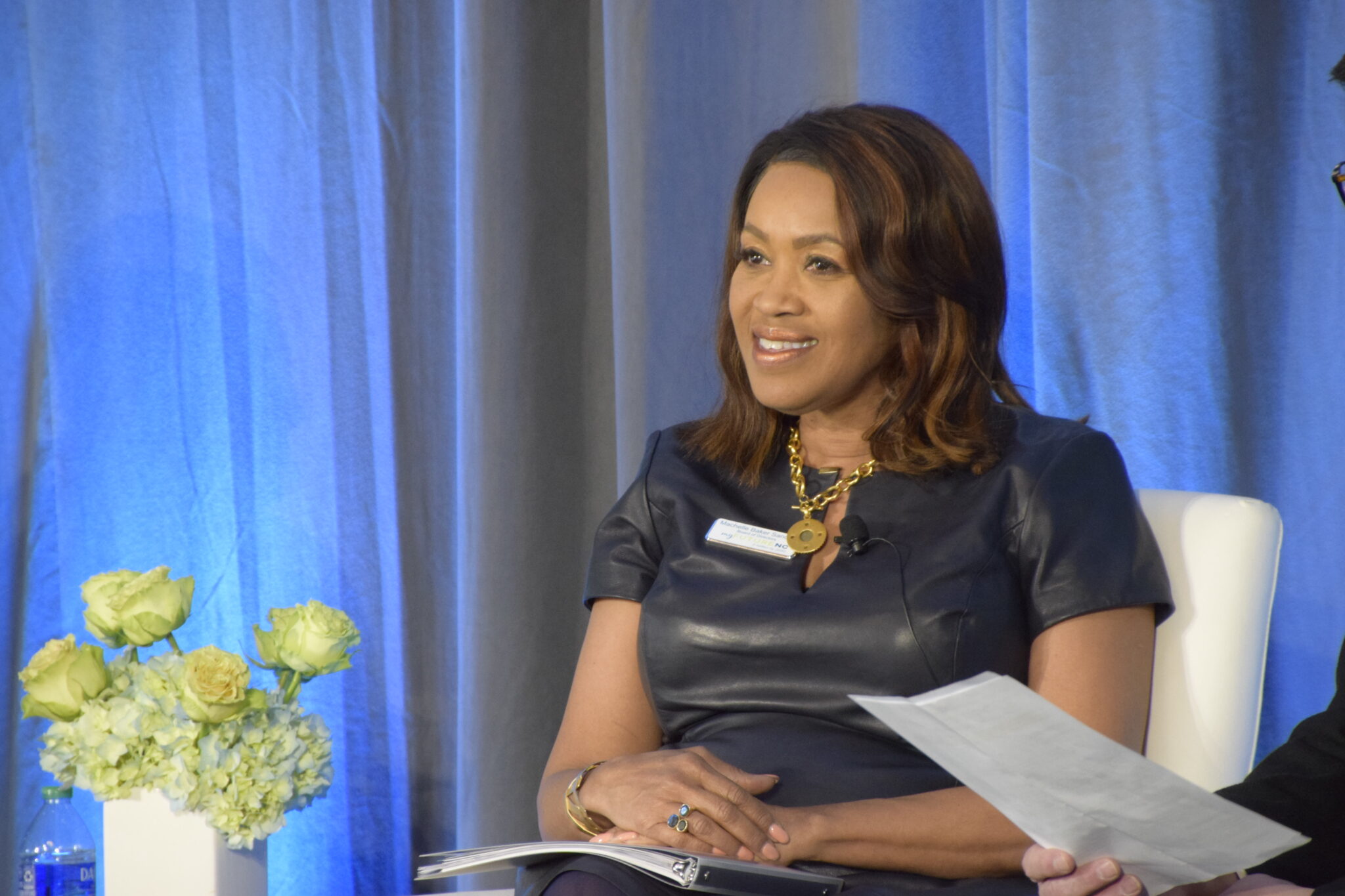
According to myFutureNC, the most recent data shows that for every 100 ninth-grade public school students in North Carolina, only 28 earn a degree or credential within six years of graduating high school.
Meanwhile, community college enrollment is down 13% since before the pandemic, and jobs requiring a postsecondary degree or credential are projected to increase by 12% by 2030.
myFutureNC endorsed two legislative proposals to help move the state toward the 2 million by 2030 goal:
- Career Planning for Every Middle and High School Student — The Department of Public Instruction’s and the State Board of Education’s call for career planning for every middle and high school student will position students better to explore educational and career opportunities years before graduation. The legislative proposal requires an individualized career plan in place for each middle and high school student.
- R.A.I.S.E. Scholarships — R.A.I.S.E. Scholarships which stands for Reinforcement and Investment to Strengthen the Economy will extend the state’s existing support for no-cost pathways to short-term industry-valued credentials. This will encourage more North Carolinians to enroll in programs that connect them to career opportunities in high-growth and/or high-demand fields that pay higher wages.
“Achieving the goal is not only vital to our business community and the state’s continued economic growth — but most importantly — to ensure better social, economic, and civic outcomes for our citizens and communities,” said Lynn Good, CEO of Duke Energy and vice-chair of myFutureNC. “It distinguishes our state that you have leaders who all share this conviction about workforce development, but also frankly to lift people up.”
Holden issued a call of action, including for each of us to identify somebody we can encourage to go back to school. “Help them to dream,” she asked.
Here is a recording of the event.
Here is the attainment report.



